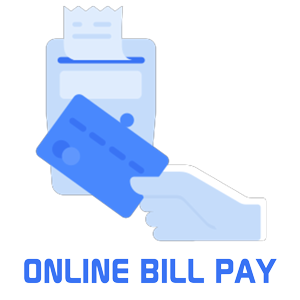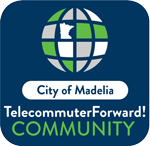Answer:
The Federal Communications Commission (FCC) and Congress recognize that telephone service provides a vital link to emergency services, government services, and surrounding communities. To help promote telecommunications service nationwide, the FCC, as directed by Congress, developed the Federal Universal Service Fund. There are four components to the Federal Universal Service Fund. They are:
- Low-Income. This program provides telephone service discounts to consumers with qualifying low-incomes.
- High-Cost. This program provides financial support to companies that provide telecommunications services in areas of America where the cost of providing service is high.
- Schools and Libraries. This program helps to ensure that the nation’s classrooms and libraries receive access to the vast array of educational resources that are accessible through the telecommunications network.
- Rural Health Care. This program helps to link health care providers located in rural areas to urban medical centers so that patients living in rural America will have access to the same advanced diagnostic and other medical services that are enjoyed in urban communities.




